No hazardous materials are involved.
According to Police Chief Ron Sparks, the southbound, 98-car train derailed at a washout about 12:20 a.m. near Schaberg, about 40 miles northeast of Fort Smith. The incident damaged about 100-300 feet of main line track.
Also damaged are the railroad’s three EMD SD70ACe locomotives, acquired in late 2013. All three derailed in the incident and two rolled over onto their sides, according to Sparks.
The railroad plans to reopen the main line by Monday evening, weather permitting.
Local media reports indicate roads around the derailment site are closed due to flooding.





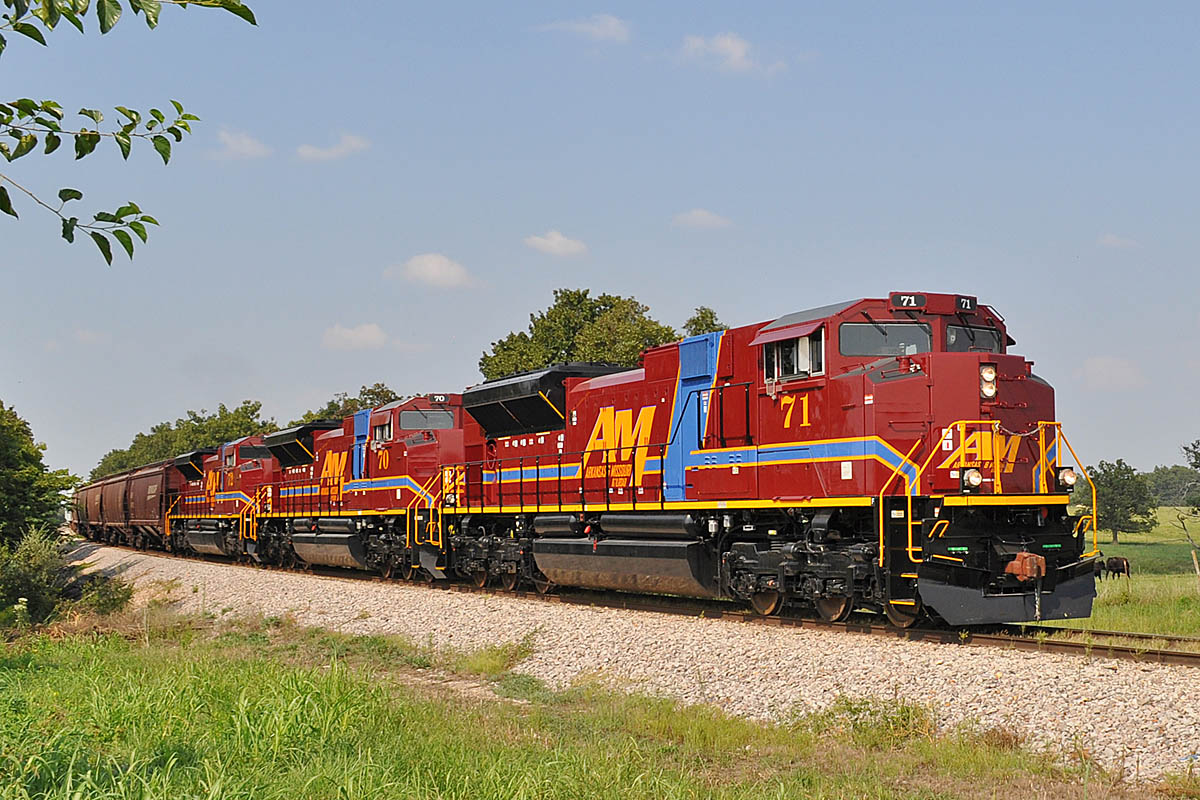

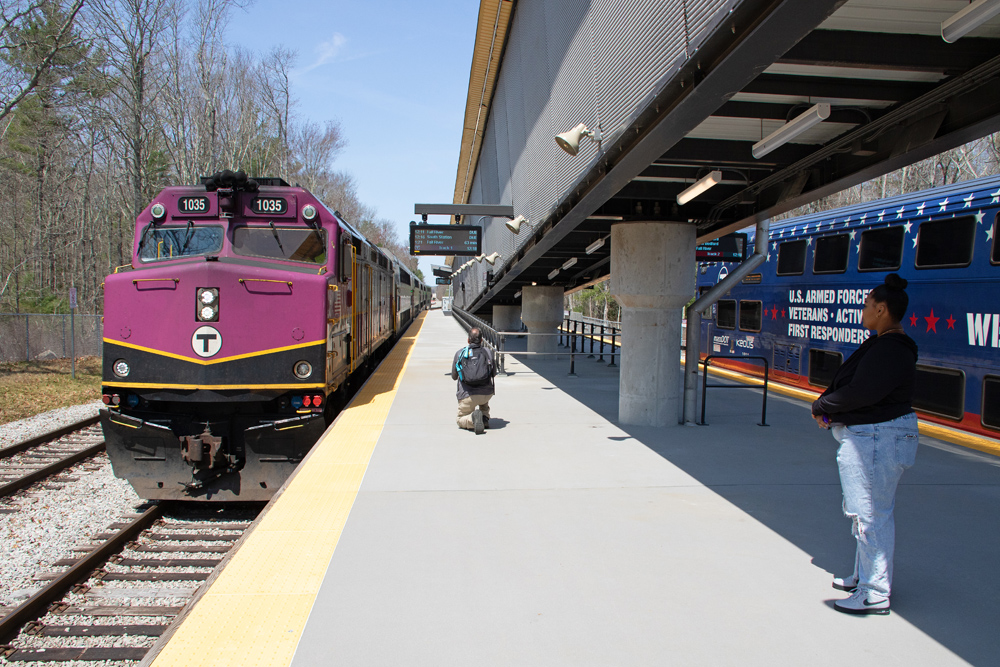
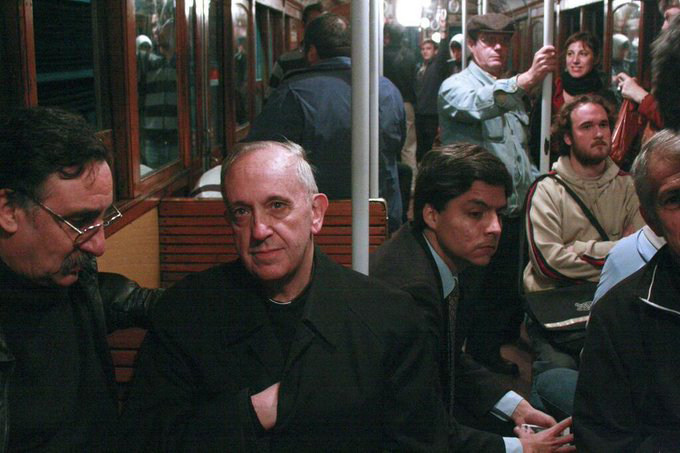
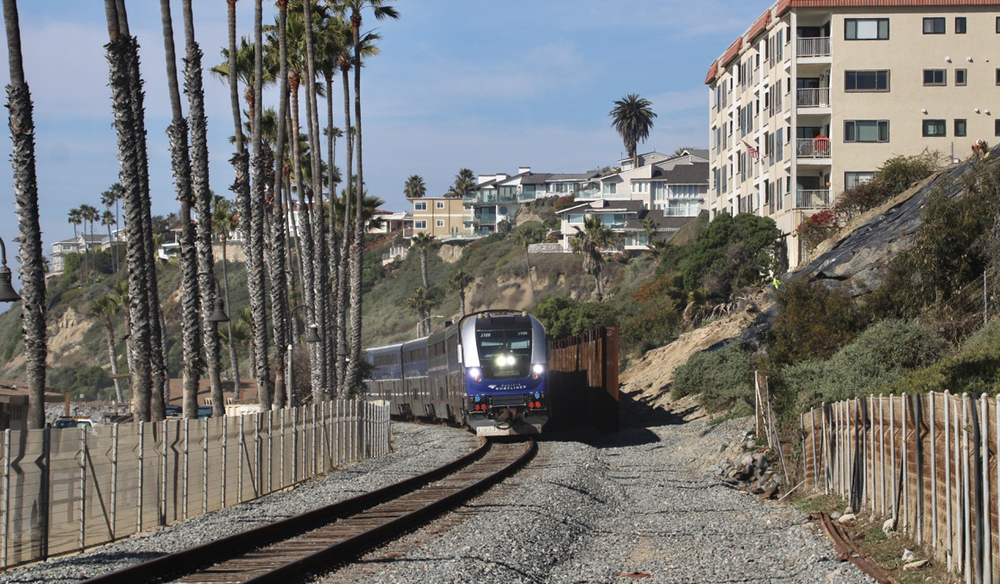
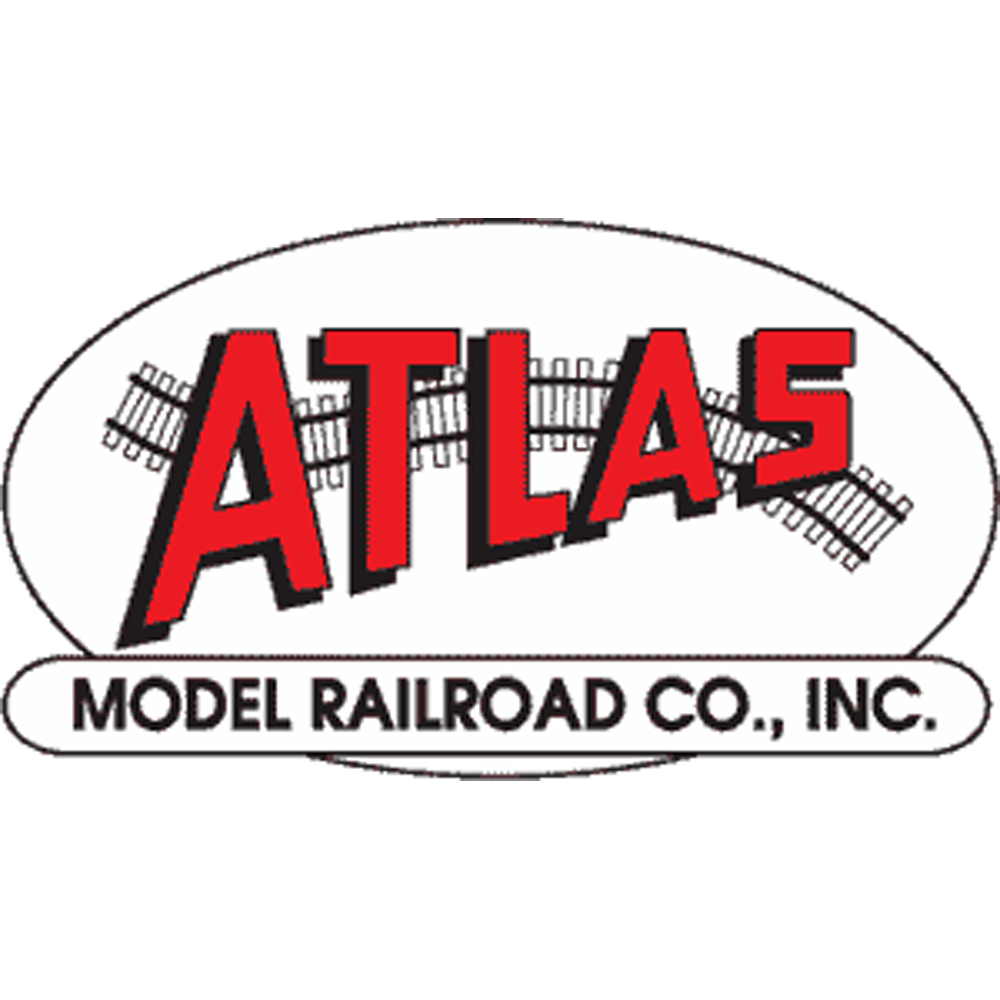




Wasn't one of those locomotives that repainted CAT unit from "Letting the cat out of the bag?" (march 2013)?
You said it, Mr. Carlin. Lame indeed.
Do I recall correctly, when the A&M took delivery of the EMD units, a drawbridge across the Arkansas River had a cable break? The joke was that the railroad was "punished" for polluting the fleet of Alco's. I am an EMD fan and do not like that joke, but I am beginning to wonder now!
Totally agree with W. Cook — knowing that there was heavy rain occurring in the area, prudent measures would require a track patrol ahead of (and maybe even behind) each train movement in a location with a proven potential for washouts to occur.
Schaberg, the location of the derailment, is in a valley area. When there is heavy rainfall there is a tremendous volume of water concentrated on a small area from the surrounding hills . In a nearby 2004 flood related A & M derailment between 12 and 15 inches of rain fell in 24 hours. Schaberg is the start of the A & M's 2.6 % grade up to Winslow so the train nearly made it through the worst of the flood area. The A & M is a dark (unsignaled ) railroad. I would think the low speed of the train was a positive factor in minimizing damage.
From the information in the story, this wreck should never have happened if we applied all the lessons learned in over several centuries of railroading. The management should be hiding in shame. In years past a track inspector would be paid to walk the track in his leather rain gear to call from the next phone. Later he may have ridden the rails in a track bicycles. And still later he may have had the use of a hand pump car to make his inspection. Then he was surprised when the company purchased a Fairmont one-cylinder motor inspection car, and was further impressed when that later was replaced with a cab equipped motor car. Now that track foreman is supplied an air conditioned hy-rail pickup-truck for all weather operation with voice phone radio contact to the dispatcher or any train he need to contact.
And the management now does not understand the importance of track inspection and it little cost to the MofW payroll and they fail to use the tools that have been developed by years of need. The train could have been requested to proceed at restricted speed, or they could have had a track patrol called out on pay to review any line threaten by any storm. The insurance company and state government should really question the dispatching and supervision of this company and cancel their policy or certificate of right to operate. What if it was an oil train? At Lynchburg, VA it was an oil train which wrecked account the roadbed sank into the river. Is this another case of lack of track patrol following heavy rains?
Mr Chapman,
Really? "the right of way was designed to handle heavy amounts of rain". The Police Chief said the train hit a washout so you are proven wrong with your stupid statement. Every culvert and bridge can be clogged up by debris and cause the rain to washout anyplace. Yes, track patrol is worth every cent even for every train after a storm or tornado. Do you have any idea the cost involved to rebuild those unit, and clean up the wreck? It a good thing you don't work for a railroad as there is never a waste of monies on things like "overdone" inspection. When it gets to very hot weather, railroads also run track inspections ahead of trains and restricts their speed account of the compression in the rails. I even found a rail canted, ready to blow out on a hot day patrol riding with the Chief Engineer. You surely have not been there and done that from a dispatcher's or superintendent office level..
And yes, most railroad do the trucking down the track after every major rain and some minor ones. A&M needs to learn a lesson that is time old railroad history. The FRA is not the railroad manager, not the operator, they are a regulating agency and only over see that the railroad's rules and procedure are complied with, and likely they were not in this case.
Really W Cook.
Was there an indication a track inspection was needed? Yes it had been raining heavily, but the right of way is designed to handle heavy amounts of rain without washing out.
Also, many signal systems (is this signaled territory) use a current through welded rail to carry a signal. When the signal is disrupted, the signals automatically trip to a stop indication. As has been proven in the past, a washout can occur without a break in the signal.
IIRC there was a bridge knocked out in Louisiana one time and it left the rails hanging above the bayou. An Amtrak train come trucking along and went off the now unsupported rails. Why? Even the best signal systems only work so well.
What railroads don't need is to waste additional money on things like overdone inspections. According to your plan any time it rains we would see a track inspector trucking down the tracks. The FRA has significant regulations regarding the conditions in which a track inspection must occur.
Sorry to hear about the derailment. The A&M folks are great – a lot of us NRHS members got to know many of them at this summer's convention. Glad to hear everyone's OK. Hope they get everything up and running again.
Another of my lame attempts and probably inapproptiate at humor:
They bet three ACes to a Royal (natural) Flush (of the terrain)
I hate hearing about any train wrecking period, but at least the Crewmen got away with only minor injuries and the SD70ACes are brand new, they didn't hurt any of the ALCOs!
I'm glad the crew made it out okay. With all three of the ACes damaged, looks like the railroad will be a completely ALCO roster until they're repaired